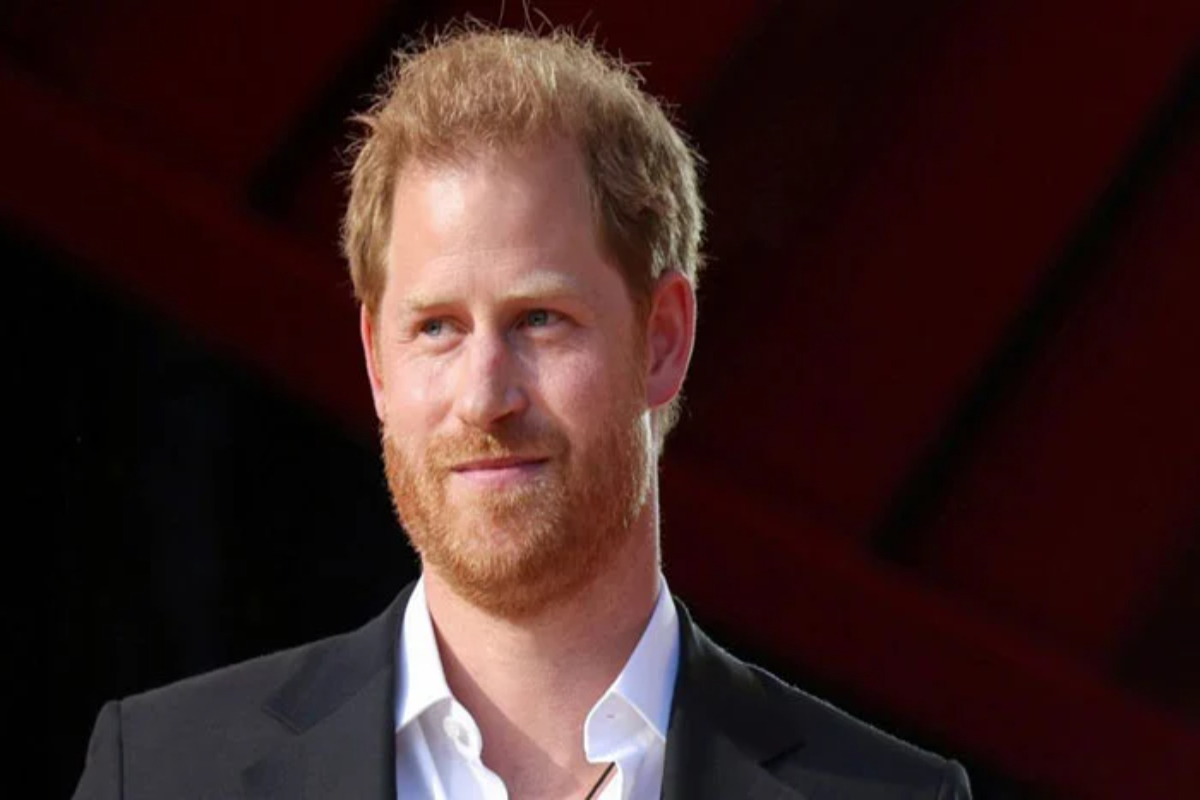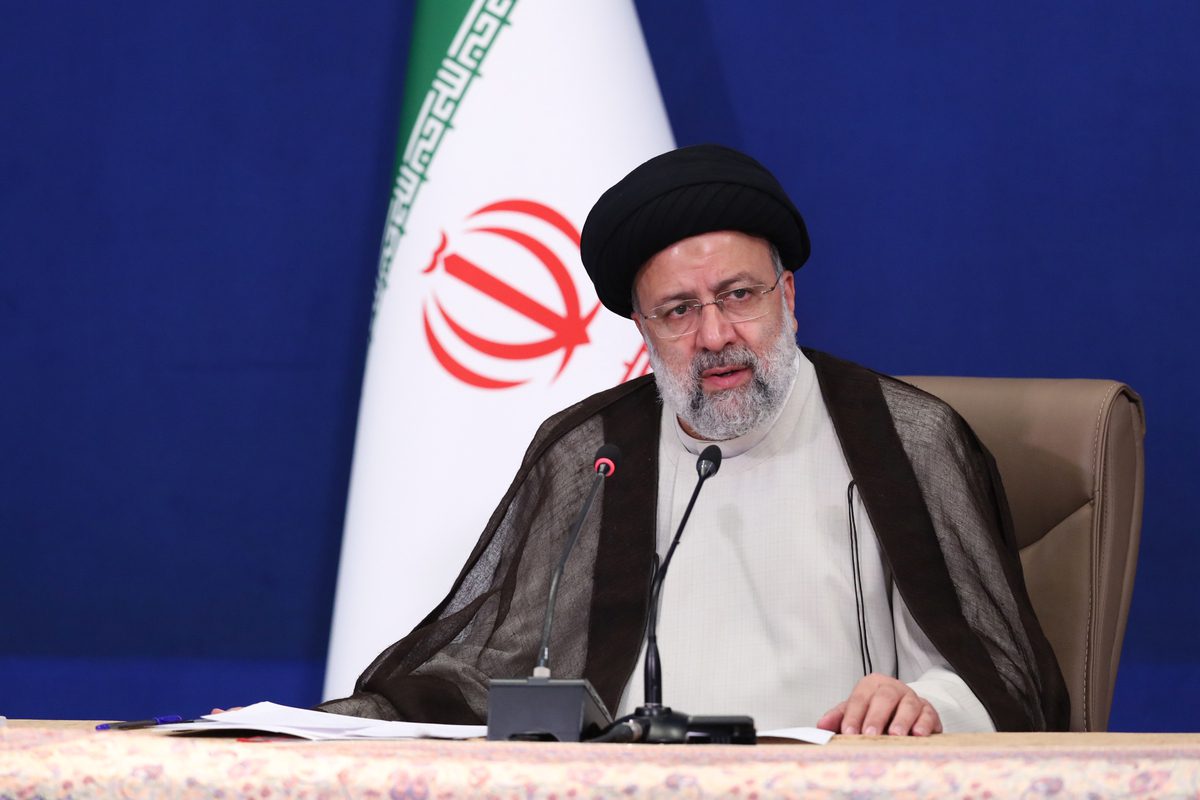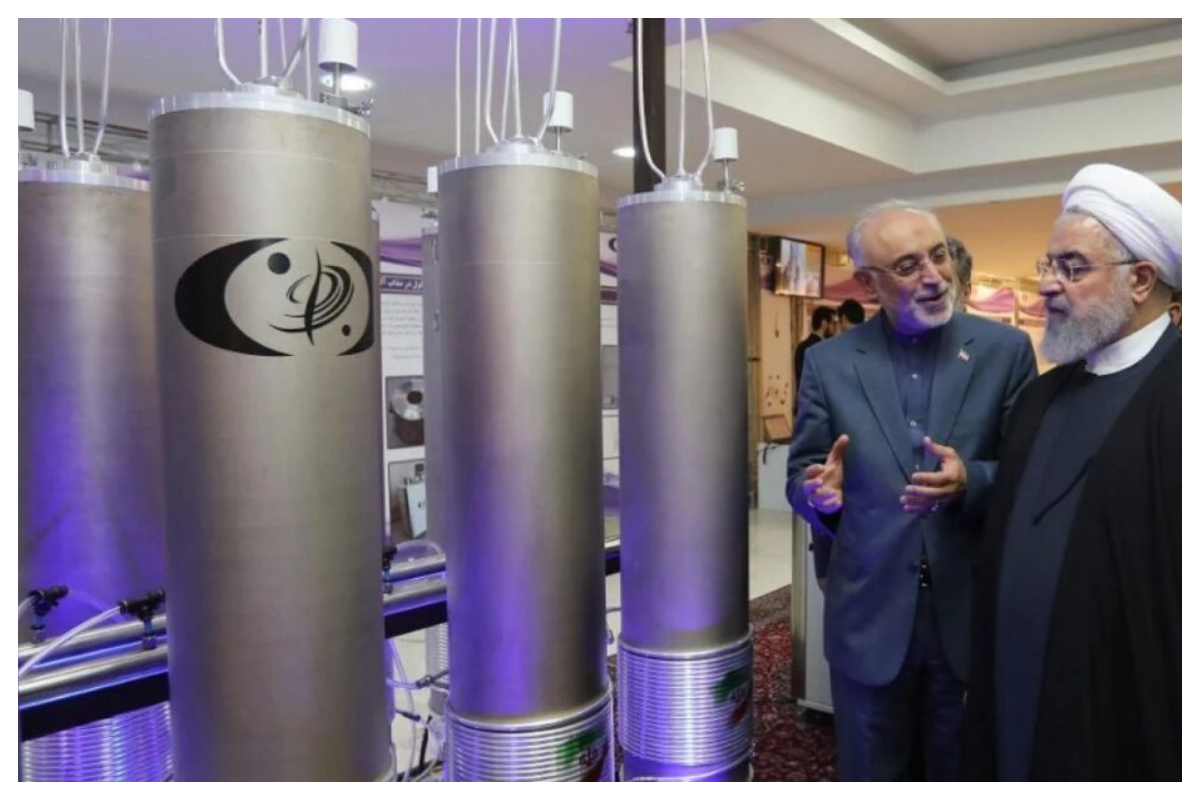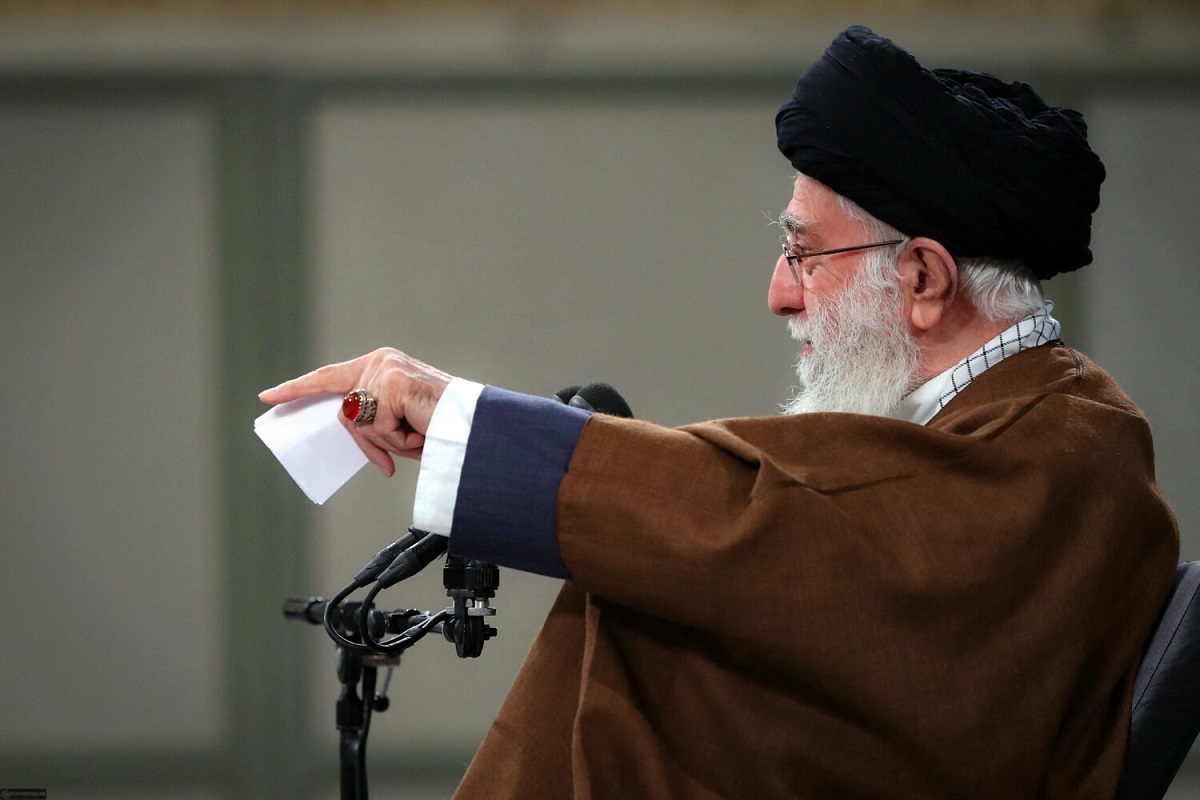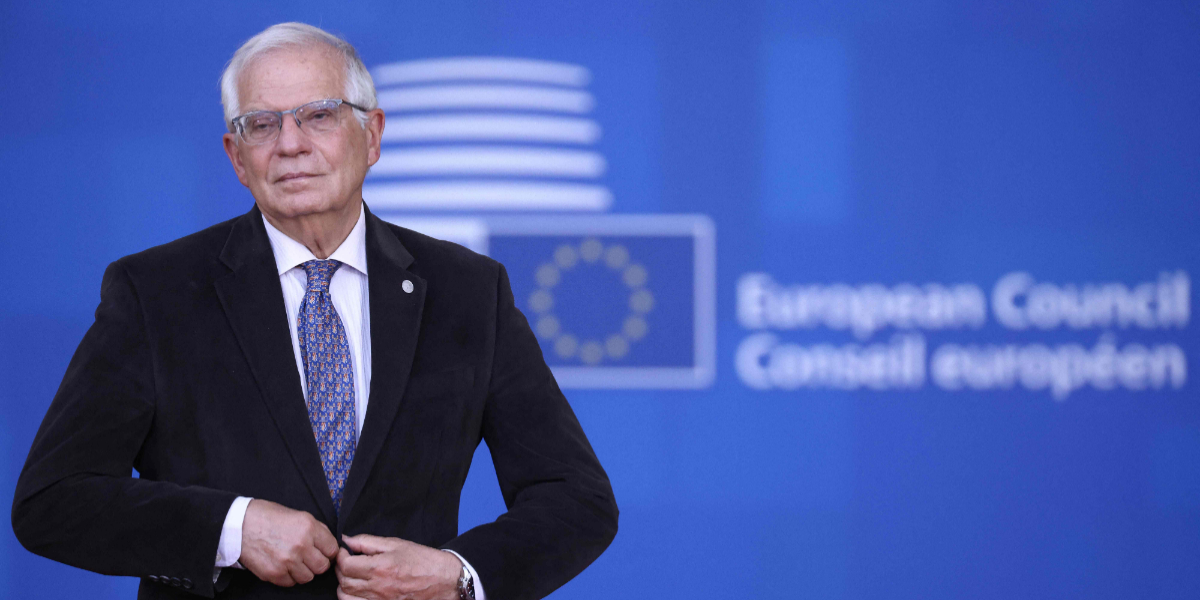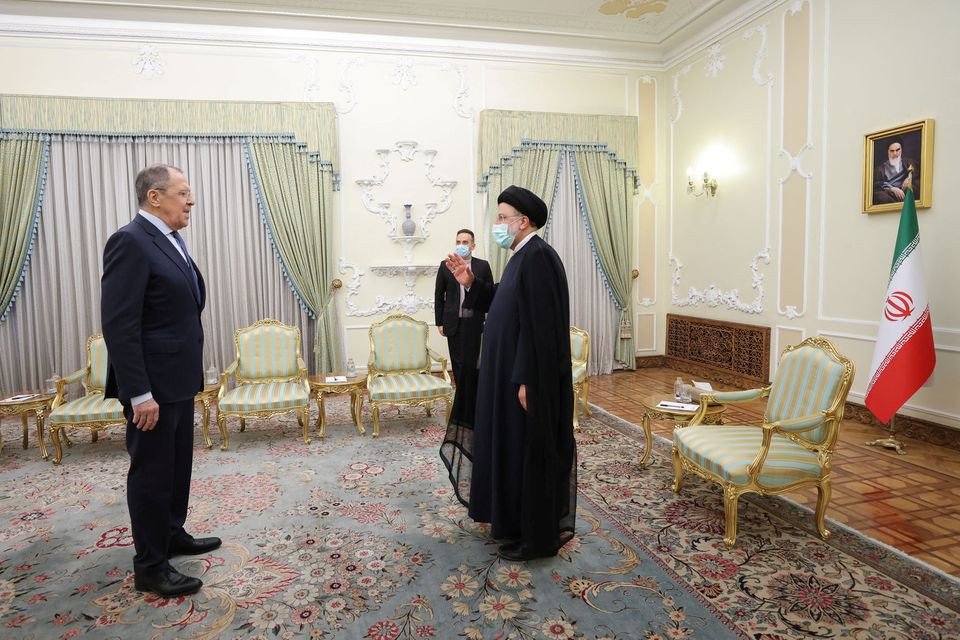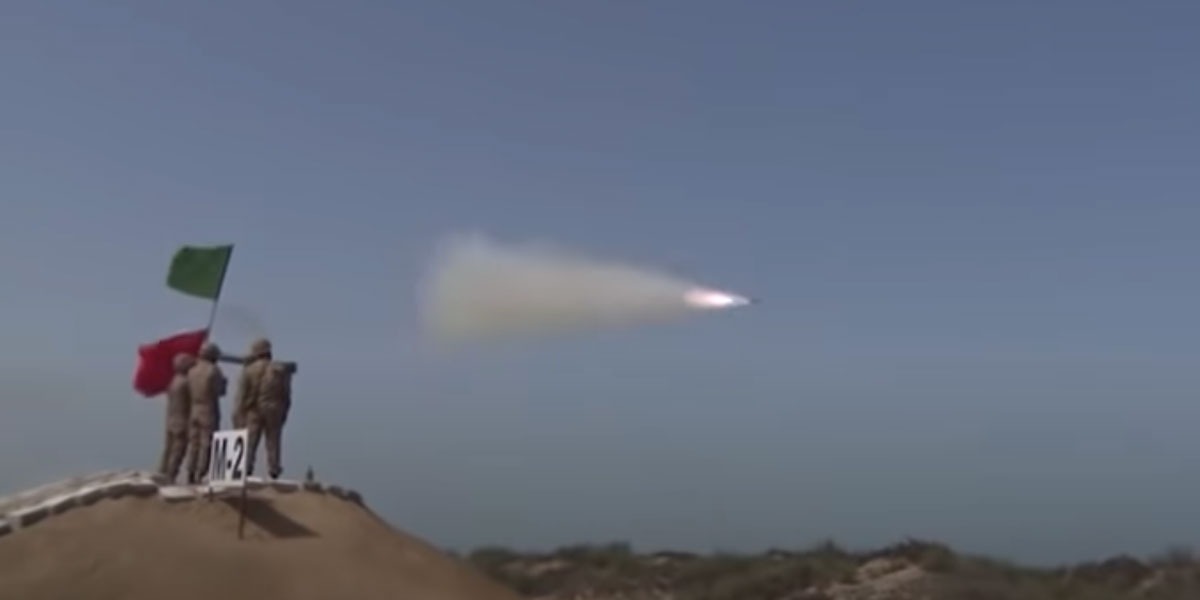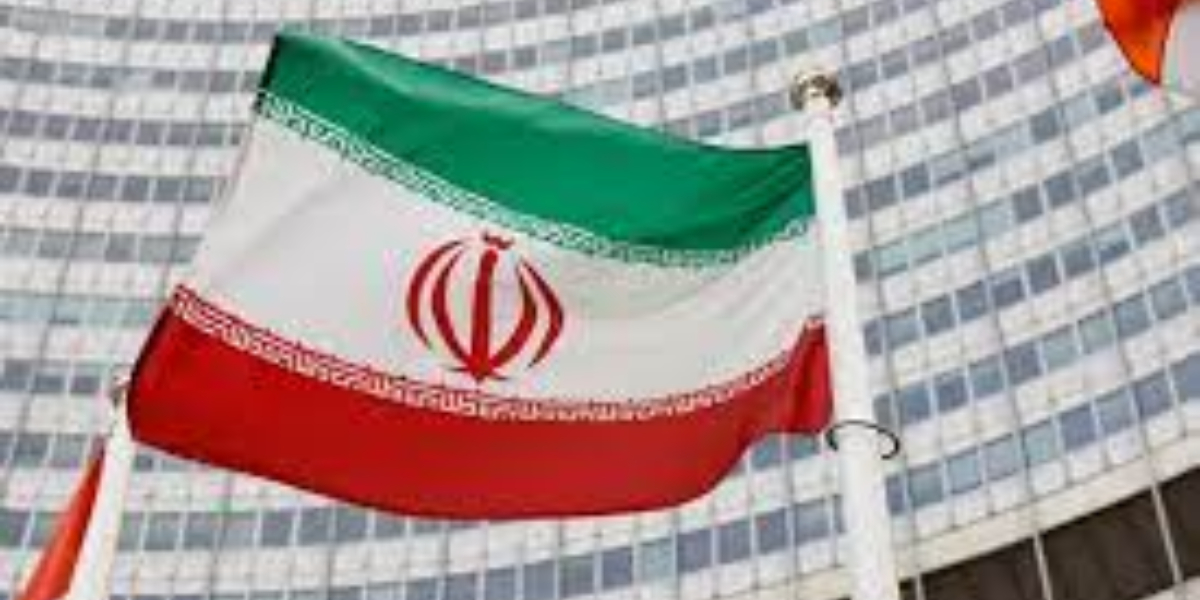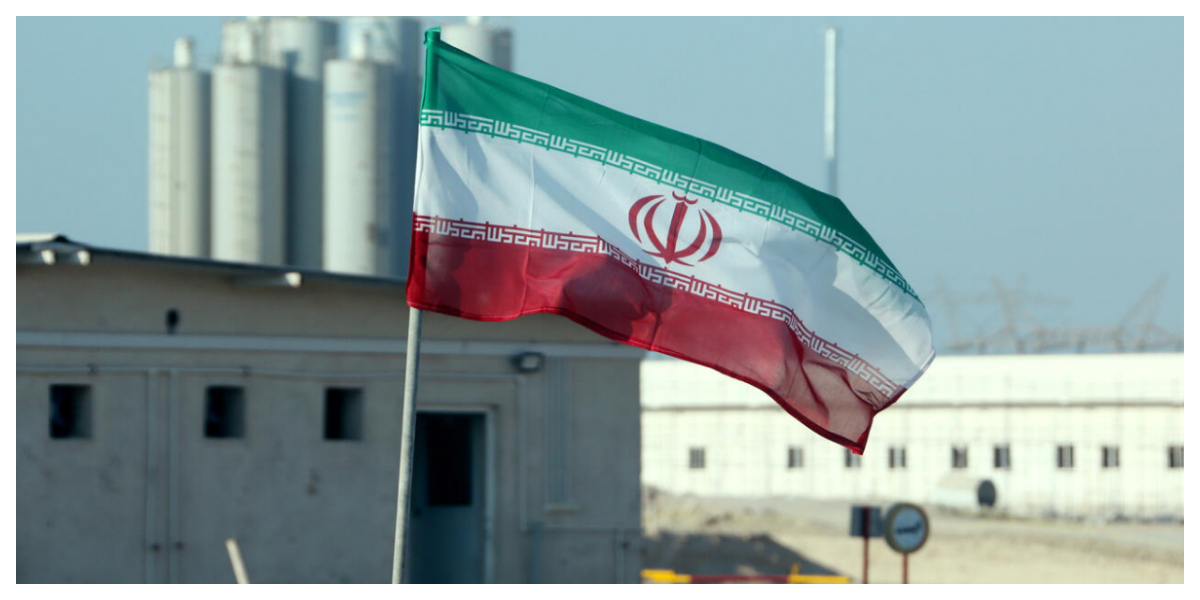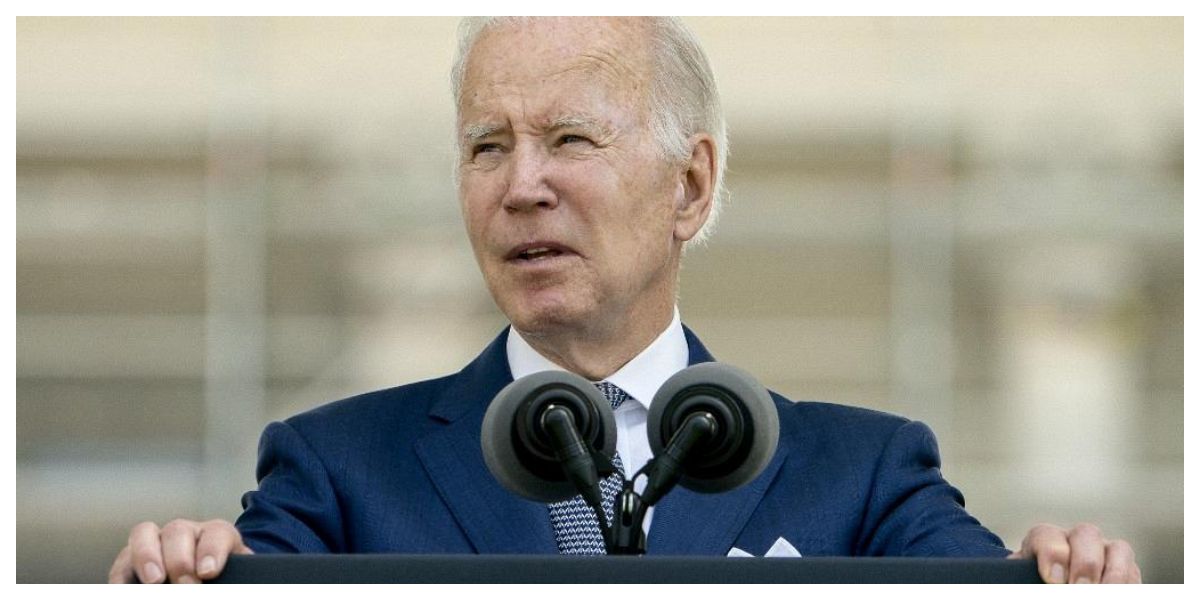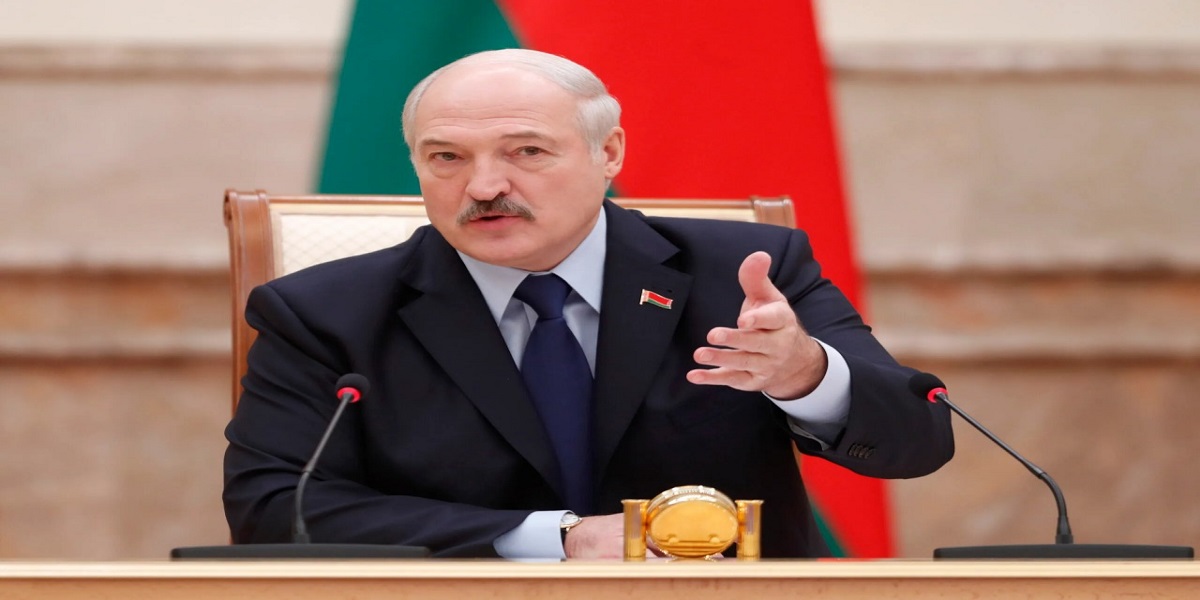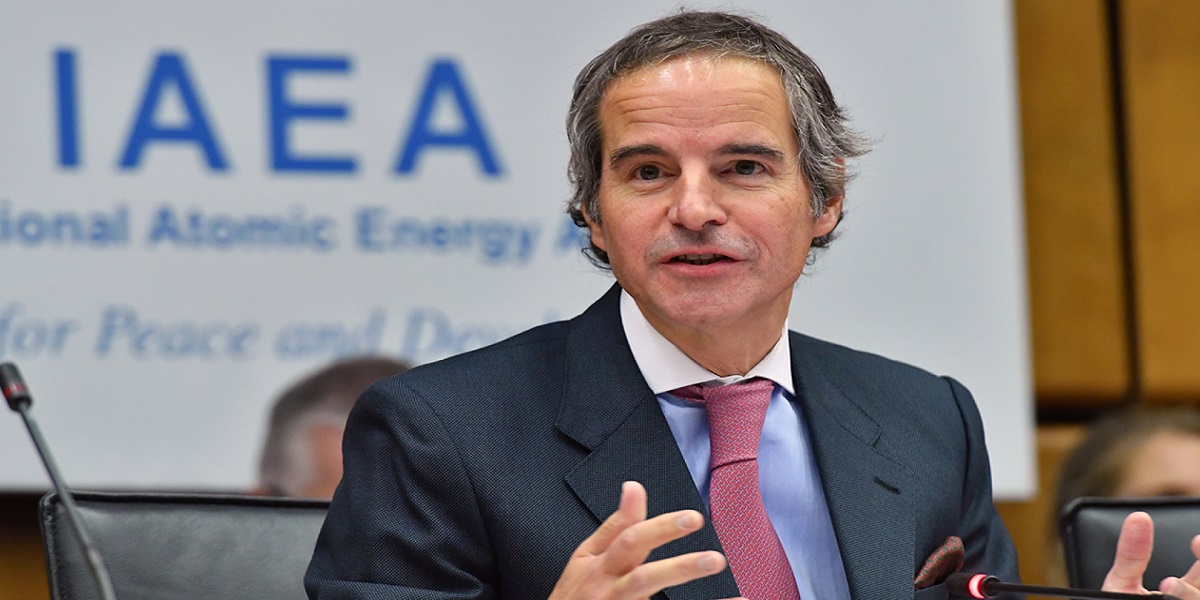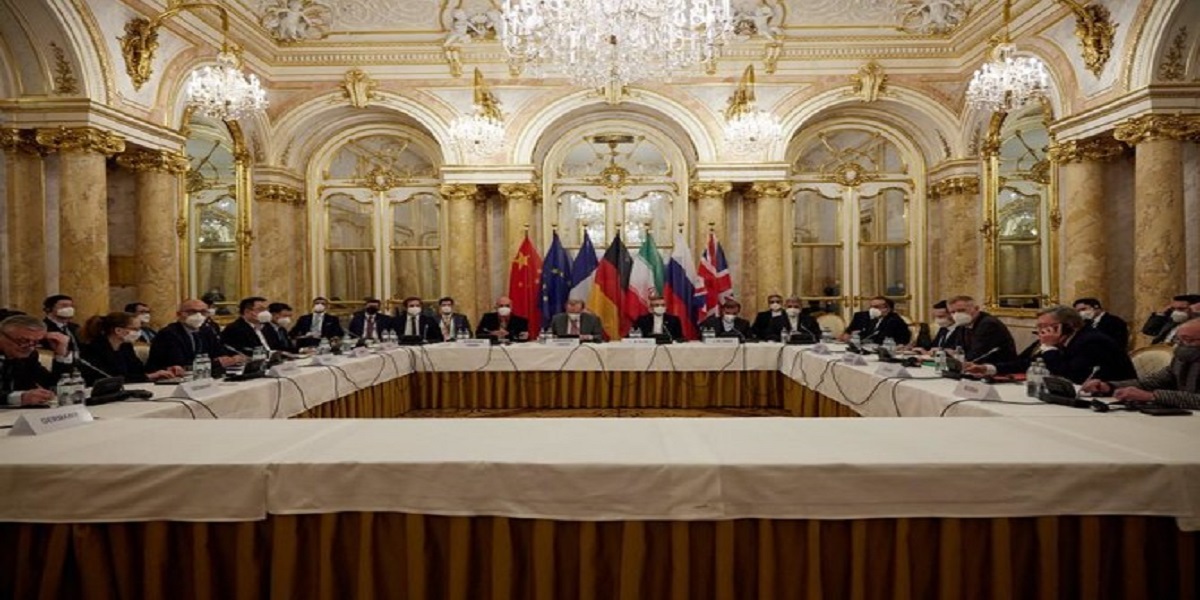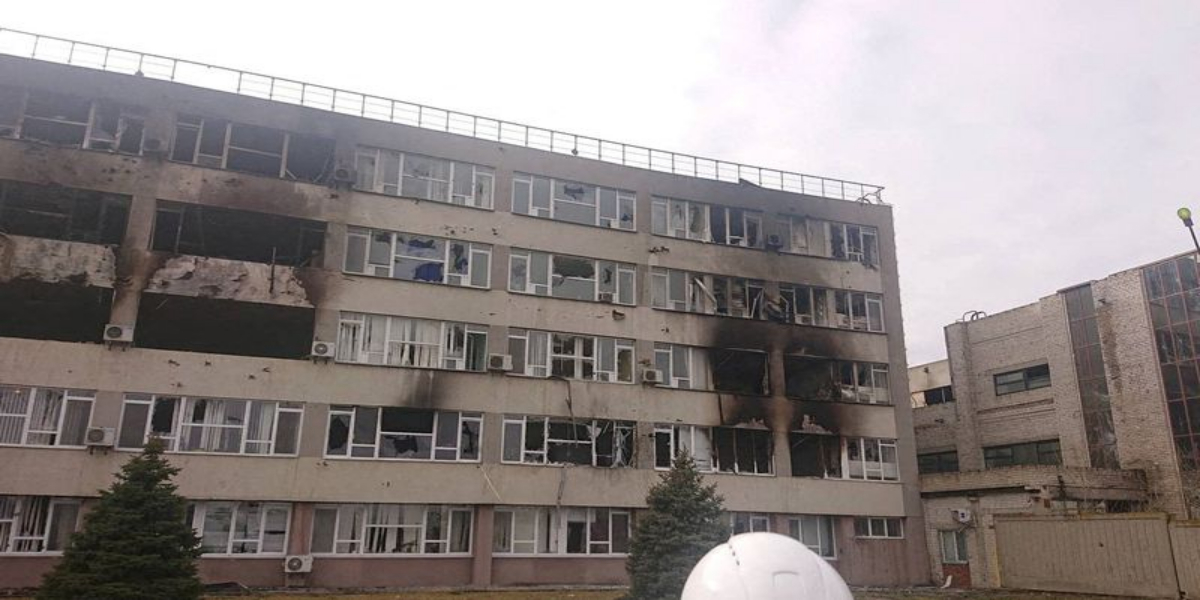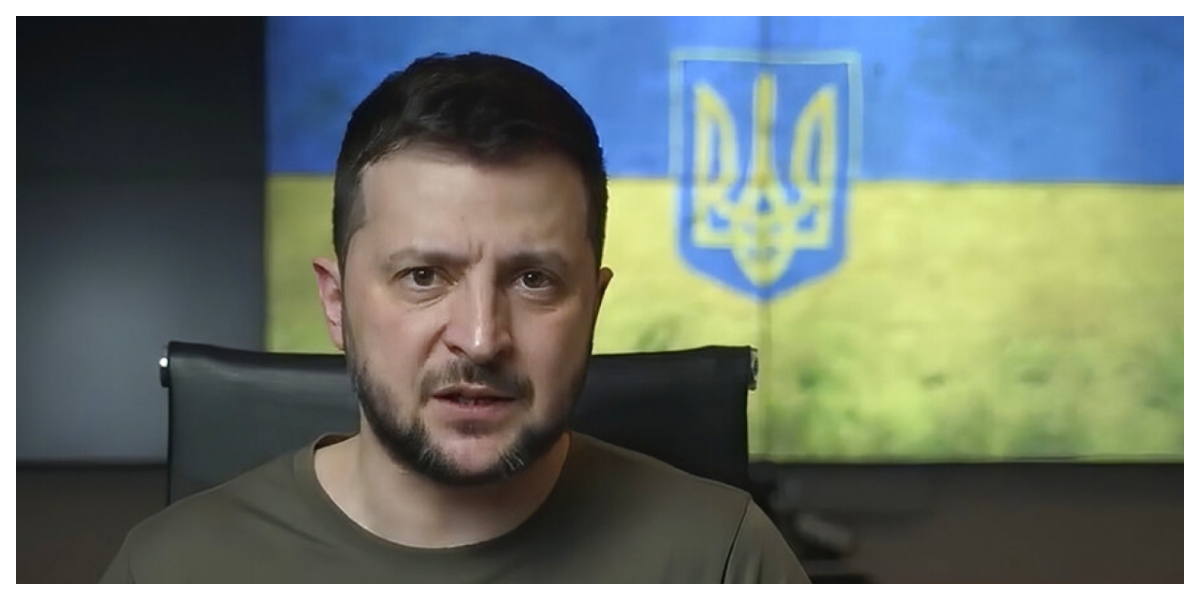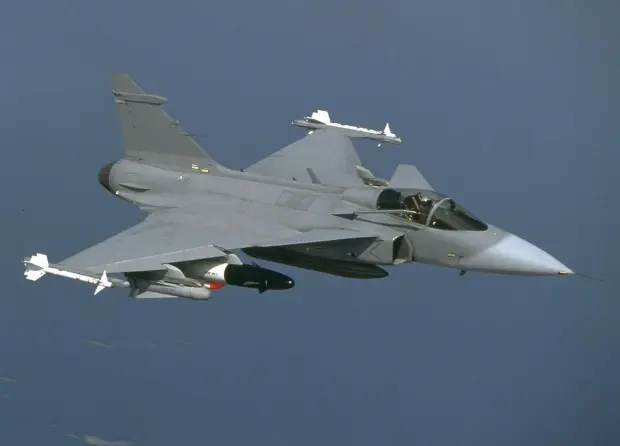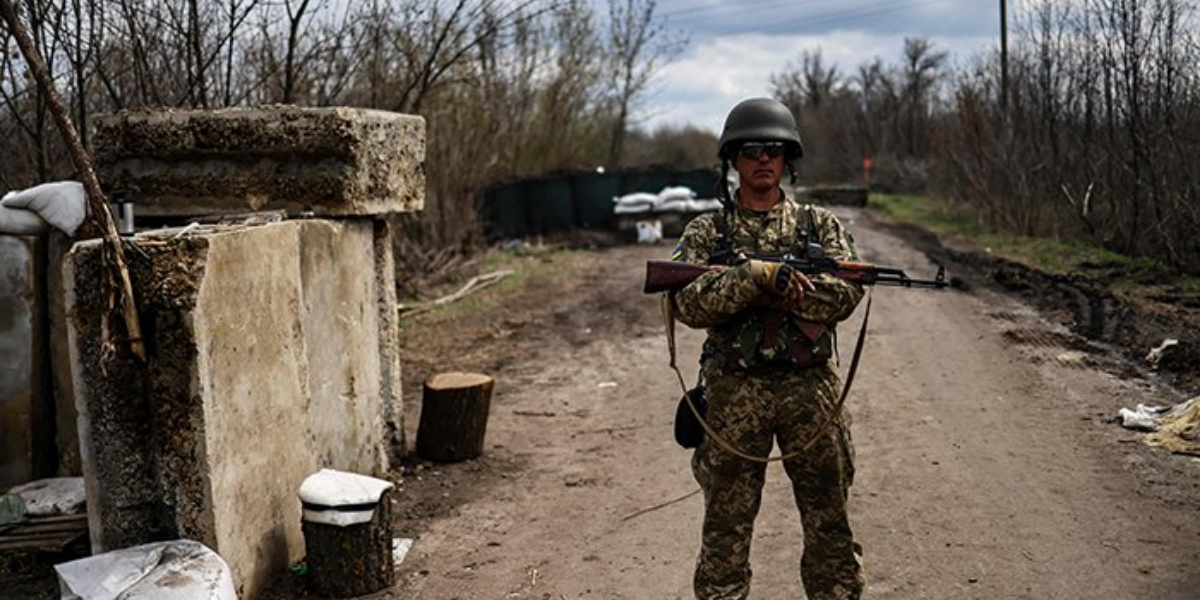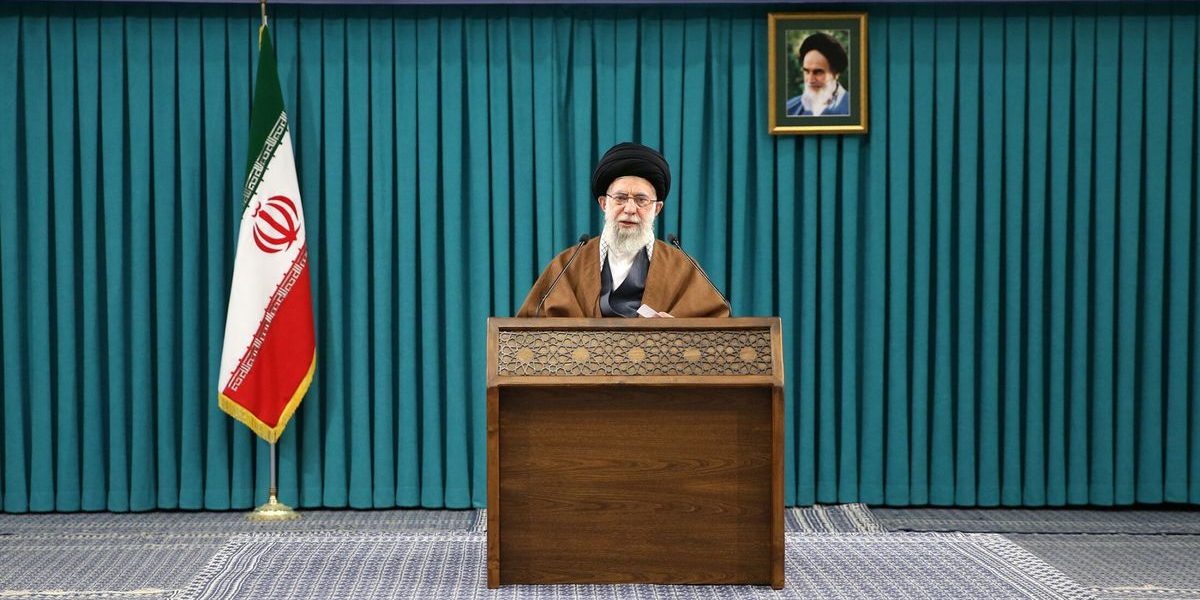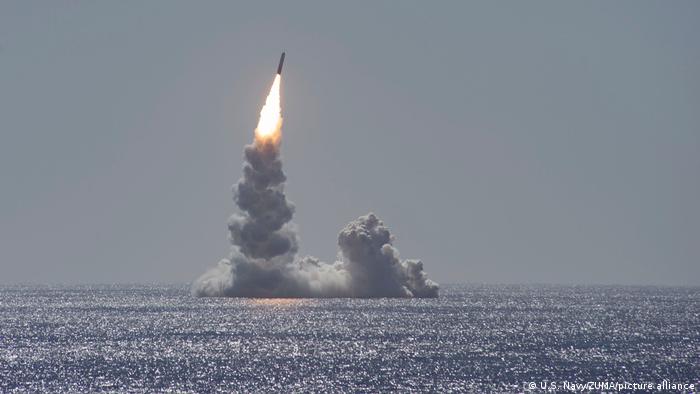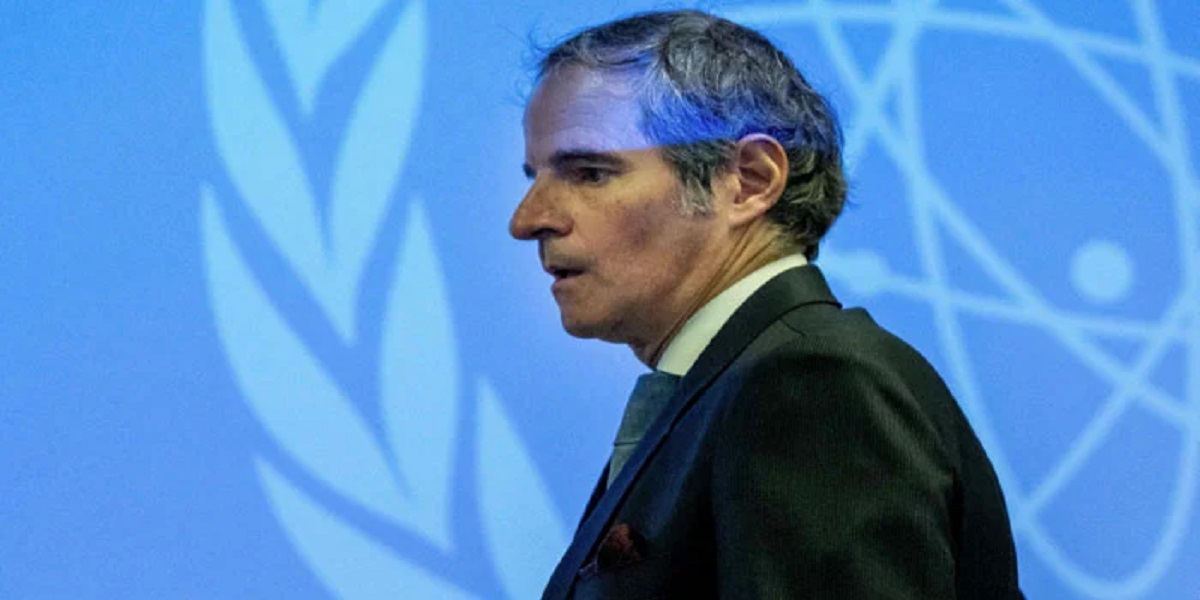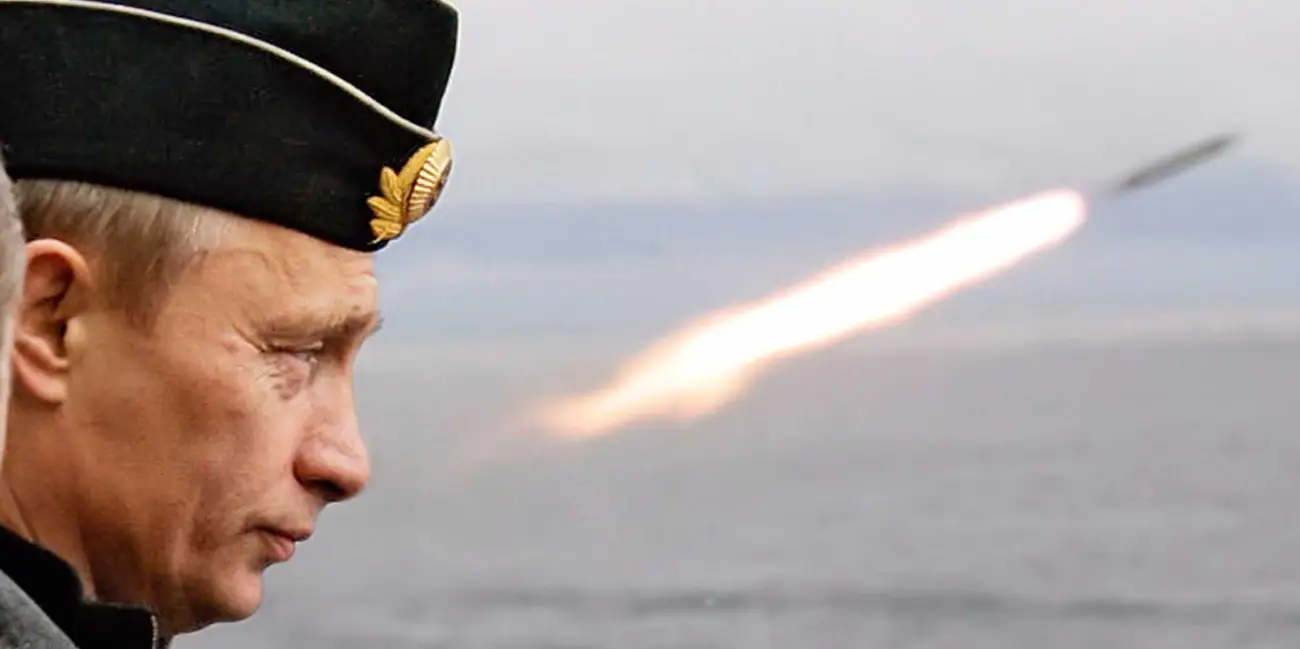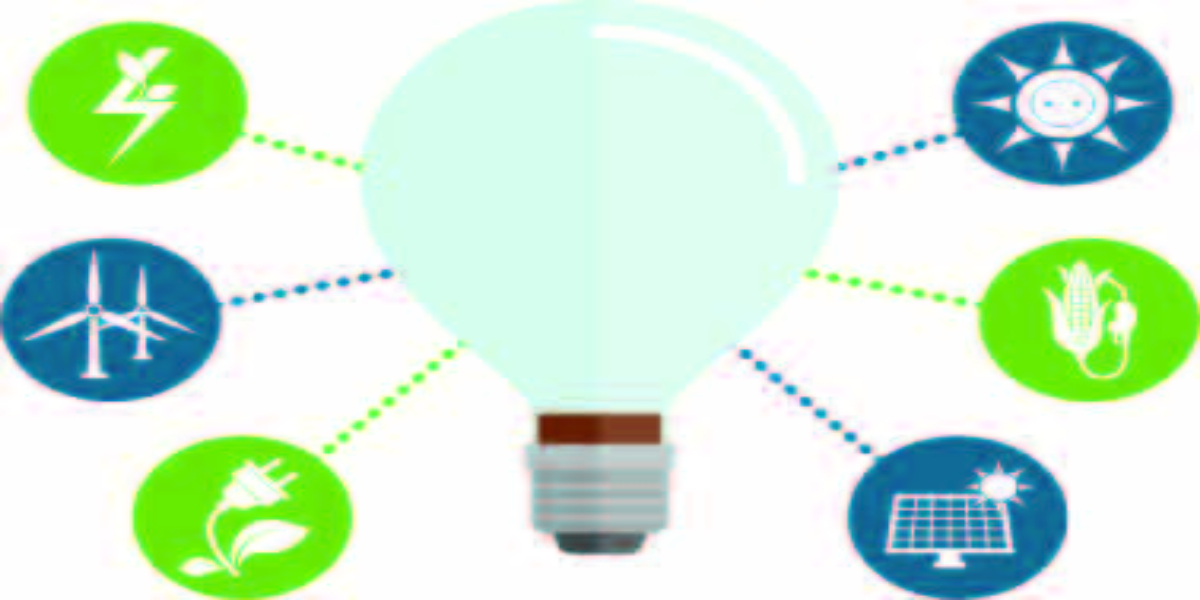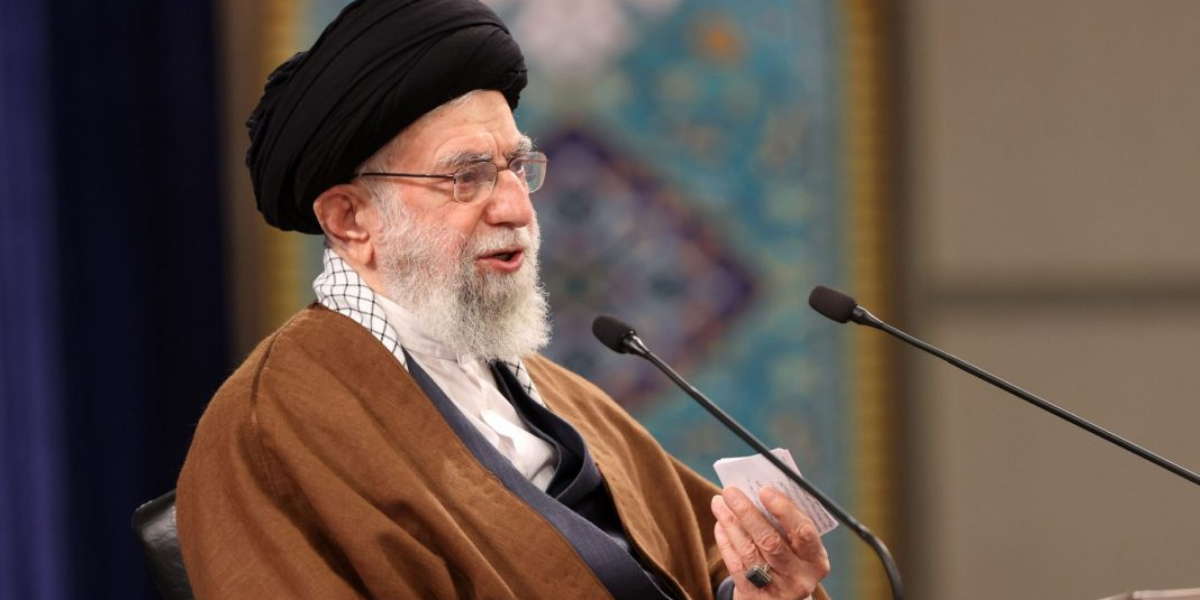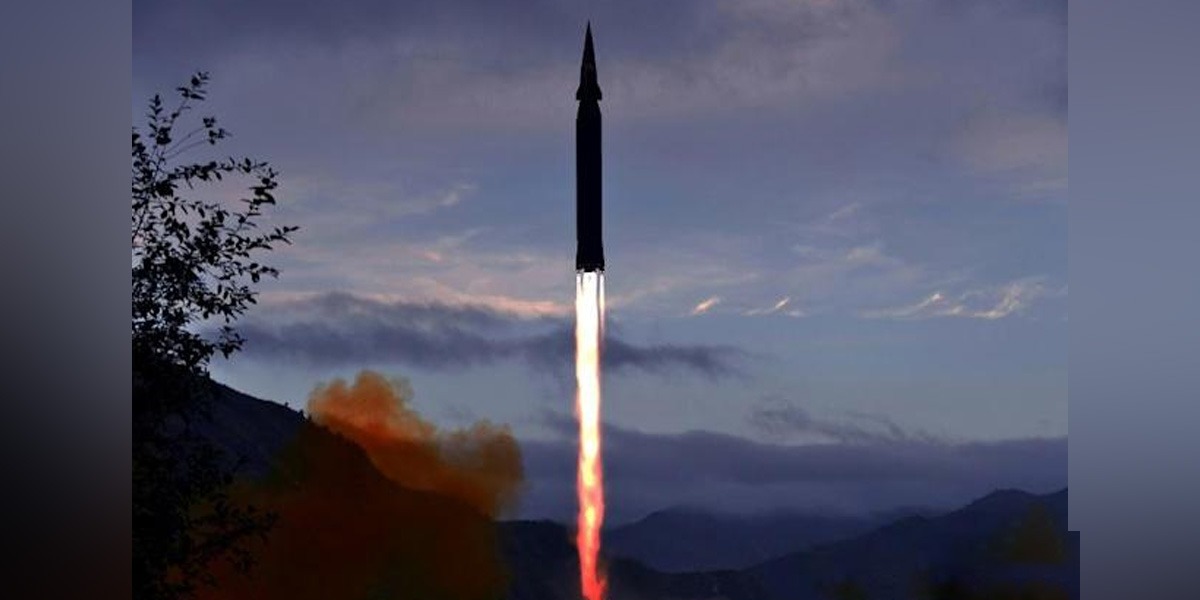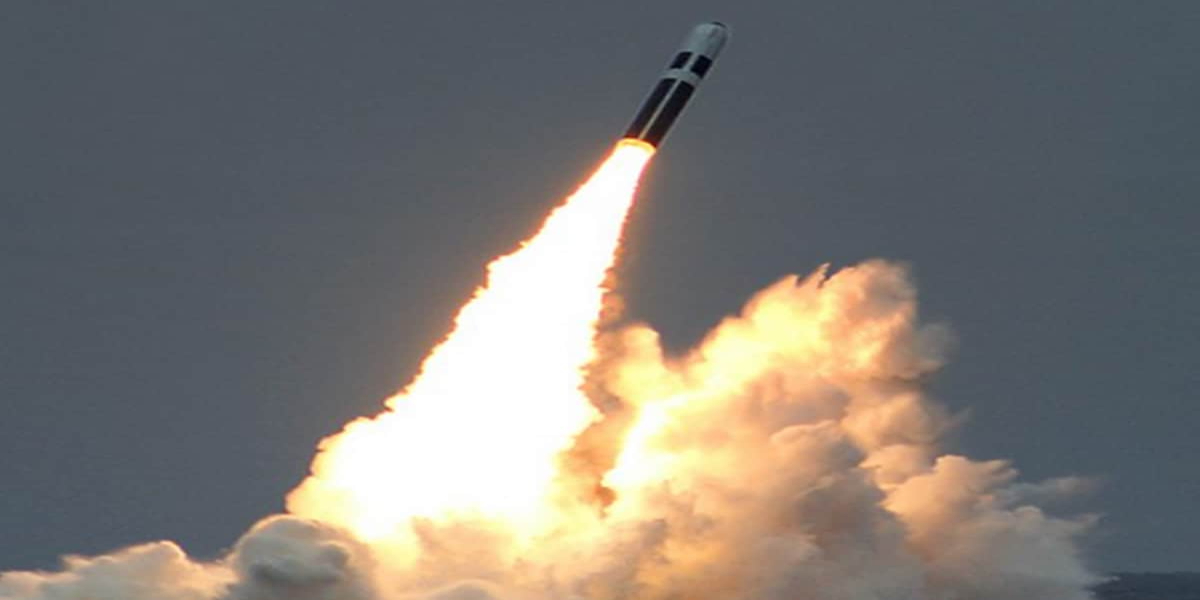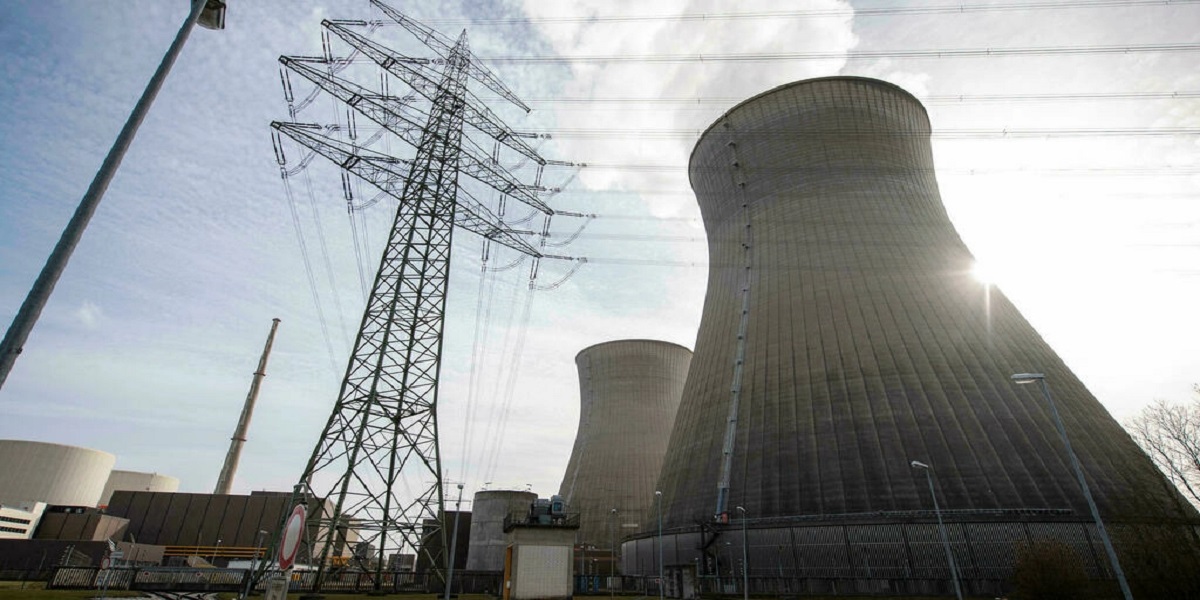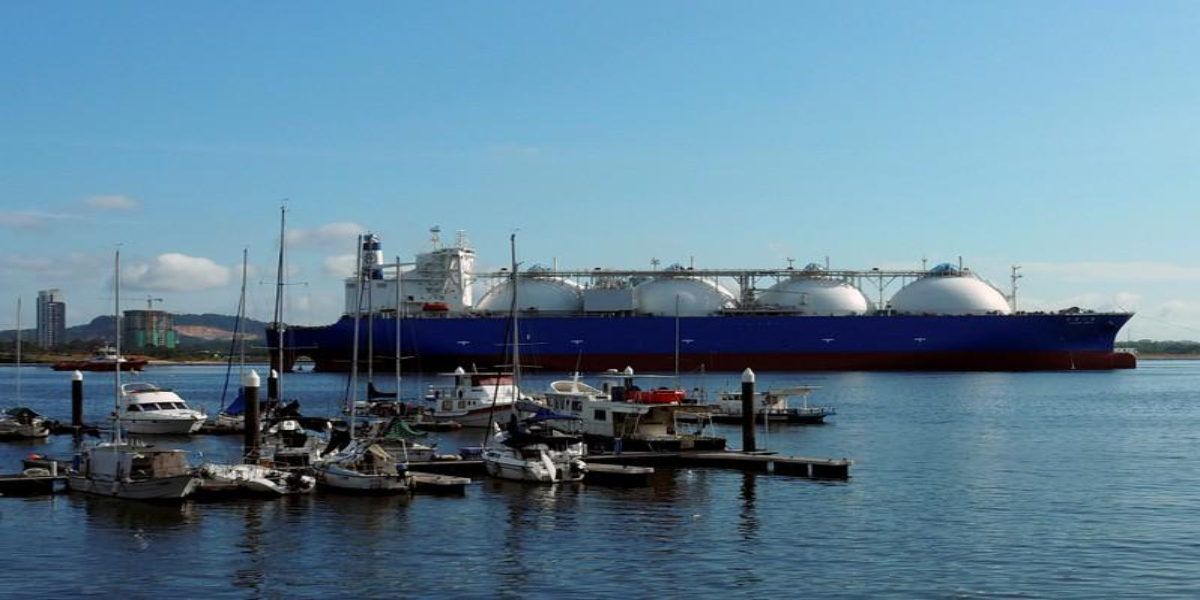- Iran has been attempting to expand its influence in South America while undermining American interests and security.
- A mysterious Venezuelan-flagged plane landed in Argentina last month with a crew of 14 Venezuelans and five Iranians, one of whom was a senior Iranian official. The plane has since been seized and an investigation has been launched.
- Moscow has made it a goal under President Vladimir Putin to erode US influence in South America. Iran’s Vice President for Economic Affairs attended Nicaraguan President Daniel Ortega’s inauguration earlier this year.
Iran has been attempting to expand its influence in South America while undermining American interests and security, eliciting little response from the Biden administration, which is attempting to salvage the Obama-era nuclear agreement with the country.
According to James Phillips, senior research fellow for foreign policy at the Heritage Foundation, “the Iranian Revolutionary Guards are much more actively involved in subversive and assassination issues.”
Phillips cited a 2011 plot to assassinate Saudi Ambassador to the United States in Washington, D.C.’s Georgetown neighbourhood, noting that Iranian agents sought to collaborate with a Mexican drug cartel to carry out the plot on American soil.
“This was over ten years ago…. it’s been going on for a long time,” Phillips explained.
Iran’s outreach in Latin America appears to have resumed in recent years, most recently with the appearance last month of a mysterious Venezuelan-flagged plane in Argentina. The plane, which belonged to an Iranian operator sanctioned by the US, landed in Ezeiza with a crew of 14 Venezuelans and five Iranians, one of whom was a senior Iranian official.
According to the Wall Street Journal, the plane has since been seized and an investigation has been launched, but it is unclear why it was allowed to land in Argentina and what it was doing there.
Argentine federal police searched the plane and discovered material used for military cyber defence operations on board, while the captain was identified as Gholamreza Ghasemi, a board member and manager of Fars Air Qeshm, an Iranian airline sanctioned by the US.
Argentine President Alberto Fernández has insisted there was nothing suspicious about the plane, while the country’s security minister claimed the captain just happened to have the same name as Ghasemi, a claim contradicted by Paraguayan intelligence and called into question by Argentine members of Congress.
Though Iran has a long history of cooperation with Venezuela, a country that has a history of undermining American interests, Iranian cooperation with democratic Argentina would be a more concerning development for the US in the region.
Both Iran and Argentina applied for membership in the BRICS group, which includes Brazil, Russia, India, China, and South Africa, a week before the plane landed in Ezeiza. The group, which has held an annual summit since 2009, wields considerable power in global affairs, positioning itself as an alternative to US-dominated Western alliances.
According to an Iranian Foreign Ministry spokesperson, membership in BRICS would result in added value for both sides “while Russia boasted that the US was failing to reduce its international influence in the midst of its ongoing conflict in Ukraine.
Iranian influence in South America would benefit Russia, which has made it a goal under President Vladimir Putin to erode US influence in the region.
“As part of a long-term strategy to establish a permanent presence in the region, Moscow has been deepening ties with fellow authoritarian regimes in Cuba, Venezuela, and Nicaragua,” Rebekah Koffler, president of Doctrine & Strategy Consulting, former DIA intelligence officer, and author of “According to Fox News, Putin’s Playbook: Russia’s Secret Plan to Defeat America.
During their meeting in Tehran, Iran, Supreme Leader Ayatollah Ali Khamenei, centre, and Russian President Vladimir Putin, left, greet each other as Iranian President Ebrahim Raisi stands at right.
Russia’s goals, according to Koffler, are not only to gain access to new markets and resources as the rest of the world attempts to isolate the country, but also to show the US that it can operate militarily in America’s backyard.
“Ultimately, Russia wants to build a formidable force posture on America’s doorstep as a deterrent, which Moscow could activate if Washington intervenes in Putin’s plans to re-establish control over Russia’s former Soviet states, such as Ukraine,” Koffler said.
The mysterious plane in Argentina is not the only indication that Iran is attempting to increase its influence in Latin America. Mohsen Rezaee, Iran’s Vice President for Economic Affairs, attended Nicaraguan President Daniel Ortega’s inaugural ceremony earlier this year. Rezaee, a former member of the Iranian Revolutionary Guard, is wanted in Argentina for allegedly masterminding the 1994 bombing of Buenos Aires’ Jewish community centre.
Ortega has long been a divisive leader, with international observers accusing him of authoritarian policies. During his tenure, Nicaragua has been subjected to a number of US sanctions, while the State Department has criticised his support for “radical regimes” in Cuba and Iran, as well as repeated attempts to undermine capitalism and US interests.
There is also evidence that Iran’s influence has spread as far north as Mexico. Hezbollah, a terrorist organisation designated by the United States and the European Union that receives military training, weapons, and financial support from Iran, has been gaining a foothold in Latin America for much of the last decade and has recently made inroads with Mexican drug cartels.
The Justice Department announced last month that Adalberto Fructuoso Comparan-Rodriguez, a former mayor of Aguililla, Mexico, and alleged leader of the United Cartels in Michoacán, Mexico, had been extradited to the United States on drug trafficking charges.
According to the allegations, Comparan-Rodriguez met with a drug trafficker believed to be affiliated with Hezbollah in Cali, Colombia. Comparan-Rodriguez and an associate informed the trafficker that they could supply hundreds of kilogrammes of methamphetamine, eventually agreeing to transport 500 kilogrammes of methamphetamine from Mexico to Texas, where it was then transported to Miami.
After Comparan-Rodriguez was apprehended by Guatemalan authorities, law enforcement was able to seize the drugs before they hit the streets, but the case demonstrated Hezbollah’s growing influence in Latin America.
Hezbollah has a long history of operating in the tri-border region of Argentina, Brazil, and Paraguay, and the organisation has recently expanded its reach into Venezuela. Former Secretary of State Mike Pompeo stated in 2019 that the terrorist organisation now has “active cells” in Venezuela, posing a security risk to the United States.
“People don’t realise Hezbollah has active cells – the Iranians are affecting Venezuelans and South Americans,” he said at the time. “We have an obligation to reduce that risk for the sake of America.”
The current administration, on the other hand, has taken a different approach to the threat posed by Iran, abandoning the Trump administration’s policy of maximum pressure in favour of attempting to rekindle the Obama-era Joint Comprehensive Plan of Action, also known as the Iran nuclear deal.
Phillips called the new approach a mistake, claiming that the Biden administration has become complacent on Iran in order to salvage some of former President Obama’s legacy.
“With regard to Iran sanctions, the Biden administration has painted itself into a corner,” Phillips said. “It greatly underestimated the leverage it would need to extract another nuclear deal from Iran…it took its foot off the pedal on the Trump administration’s maximum pressure sanction strategy.”
The lack of leverage has only emboldened Iran, which has accelerated its efforts to obtain nuclear weapons in addition to its activities in Latin America.
“Iran is on the verge of developing a nuclear weapon,” Phillips said. “They already have enough enriched uranium to make a nuclear bomb in a matter of weeks.”
Phillips believes that sanctions alone will not deter Iran’s growing ambitions, and that the administration must demonstrate a credible threat of military force.
“Sanctions alone will not stop Iran’s nuclear programme any more than sanctions alone stopped North Korea’s,” he said. “A credible threat of effective use of force would deter Iran.”
[embedpost slug=”/russia-accuses-us-of-direct-role-in-ukraine-war/”]

